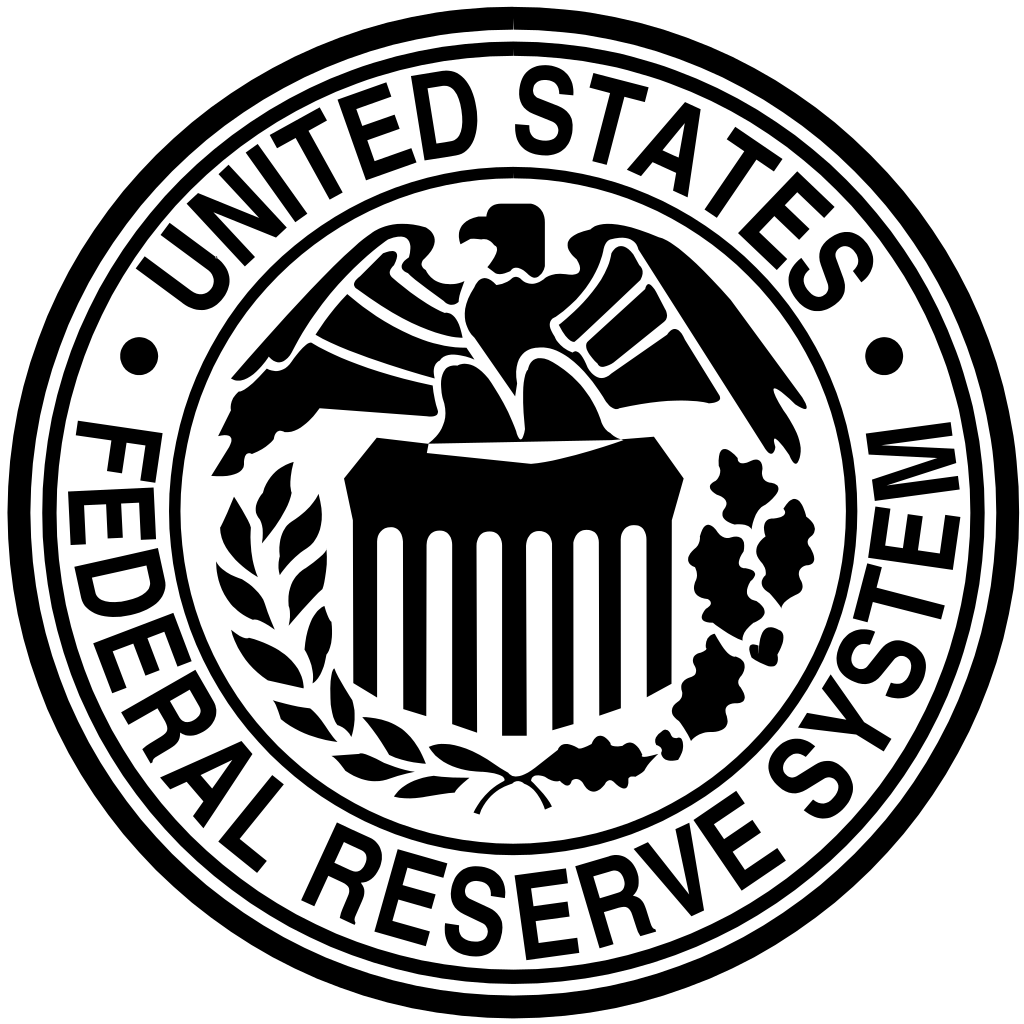Durbin Law | Durbin Amendment | Interchange Fee

About Durbin Amendment
Durbin amendment was proposed by Sen. Richard Durbin is an addendum to the Dodd-Frank Wall Street Reform and consumer protection act of 2010 focuses on placing a cap on debit card interchange rates and other reforms in the payment card industry. The amendment is rather complex, but the main objective was to lower acceptance costs for merchants and to provide more competition among networks.According to the amendment The average fee of 44 cents per debit card transaction charged from merchants by the card brands was considered excessive by supporters of the legislation.After so much debate and opposition Initial rules were released in December 2010 and final rules goes into effect on October 1, 2011 which might cost banks roughly $9.4 billion annually.
The law ensures that card networks stop imposing penalties and additional fees on merchants.The act was passed in response to the economic recession in the latter half of the decade and has been aiming at financial regulation in the country since the Great Depression.The law applies to banks with over $10 billion in assets and restricts the large banks and credit card companies from using their dominant market power to force merchants to accept anti-competitive restrictions.The law states that these banks have to charge debit card swipe fees that are reasonable and proportional to the actual cost of processing the transaction.The large credit card companies are no longer able to punish merchants for offering discounts to customers for using another card network; or discounts for using cash, check, debit card or gift card and loyalty cards; or set a minimum or maximum transaction amount for payment by card.To enforce this part of the law, the Durbin Amendment gave the Federal Reserve the power to regulate debit card interchange fees.
Learn More
Merchant Industry has changed its pricing system. Please complete the simple form and our representatives can help businesses and merchants understand the positive effects of the Durbin Amendment.
KEY CHANGES
- A cap of 7 to 12 cents on debit card interchange, a decline of about 80 percent from present levels. This ruling only applies to banks with more than $10 billion in assets.
- The introduction of competition, by forcing issuers to provide at least two independent payment options on their debit cards. Today, a VISA signature card will often be utilizing the Interlink network for PIN routing. However, Interlink is also owned by VISA. So going forward those banks will need to add an unaffiliated network.Merchants will have a choice as to which debit network they process transactions over and can steer transactions to the lowest cost provider.



